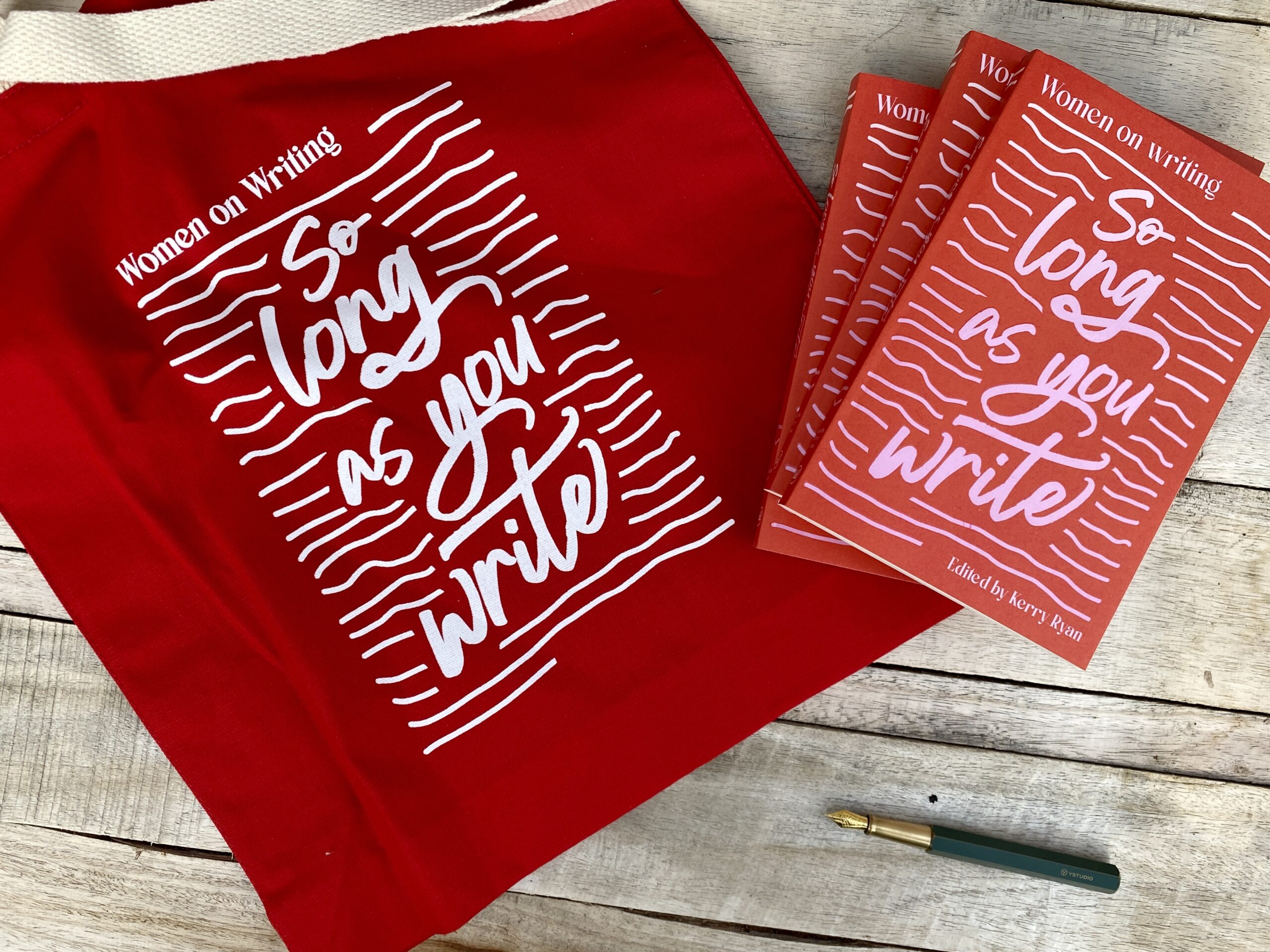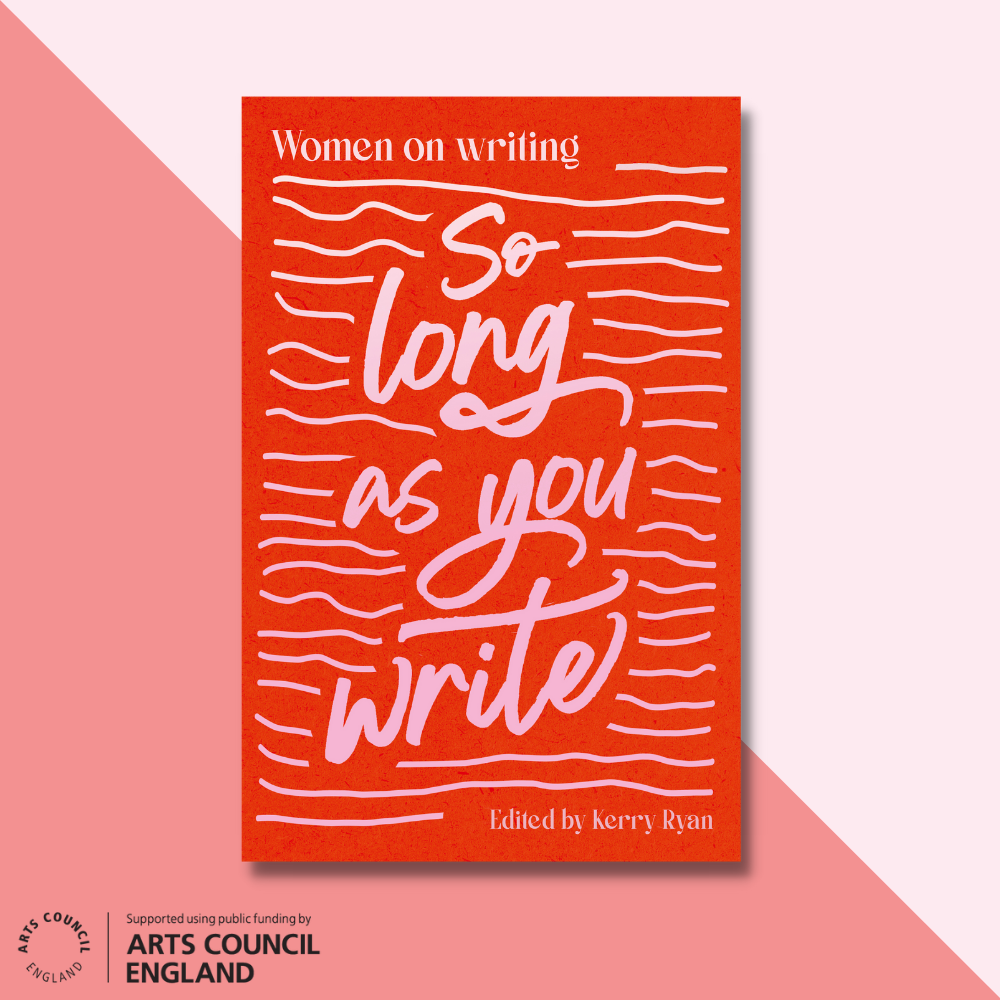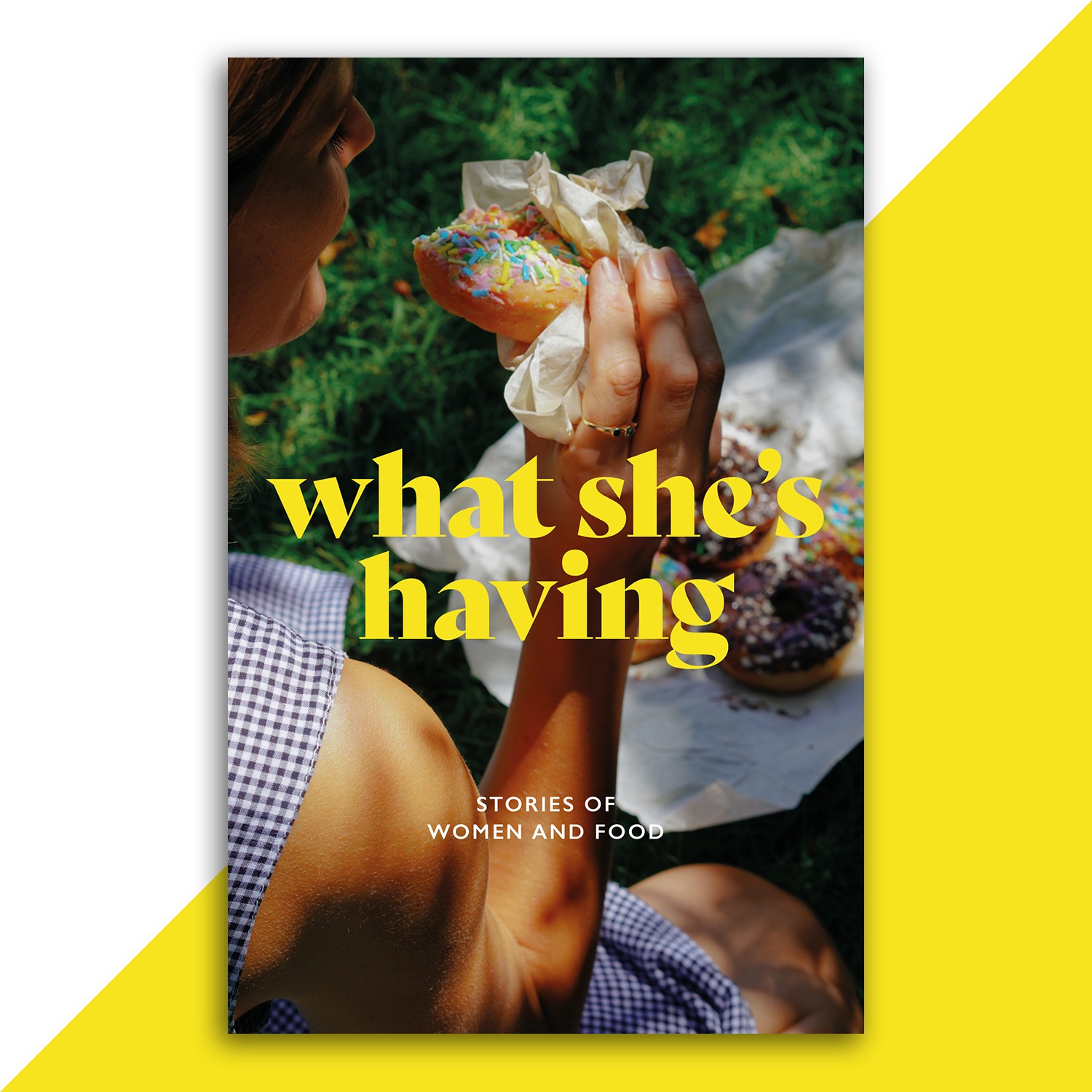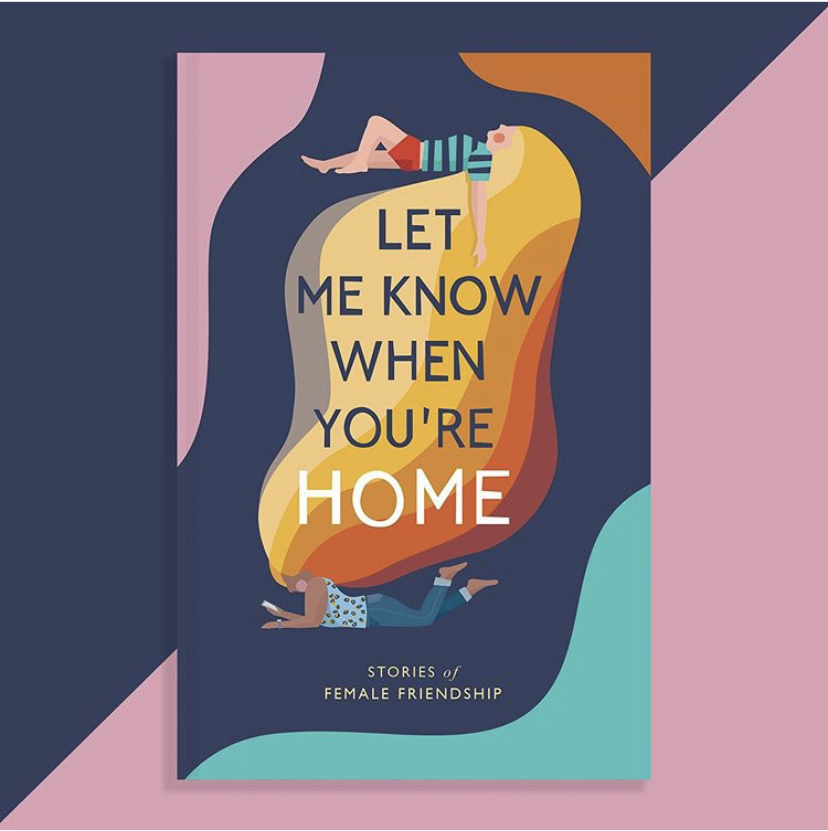MAMA | Renginee G. Pillay looks back over years spent in the slumber of grief, now finally awake again.
by Renginee G. Pillay
A guttural sound escapes from deep within me. The sound of my heart breaking into a million pieces, of my insides tearing apart, of my life irrevocably changed.
Mama is dying. I write it down in my diary. And, all of a sudden, it becomes real. Mama, my feisty, spirited grandma is dying.
As the plane touches down, I close my eyes. I keep picking at my worn-down nails, my thoughts colliding with one another. I can’t wait to see her, but I don’t want her to see my tears. I have one day to ‘prepare myself’ before going to her place. I realise I have no idea what that means.
I manage to hold my tears in. She smiles when she sees me. Her clothes hang loose, her beautiful face gaunt. She says that she’s happy I’ve come, that she missed me at Christmas. I tell her I’m sorry it took so long.
‘You’re here now.’
That night, I cry in the shower.
I am in her bed, lying next to her, imagining the disease devouring her insides. The nights are the worst. She is agitated and she cries out, her delicate features distorted by pain. My once-strong Mama, now weak like a withering flower, fighting for her life. I hold her in my arms and wish I could take her pain away, lock it in a tight-lidded box, and throw it out at sea.
She says she’s sorry that she’s still in bed, that I’ve come all this way to see her and here she is, unable to get up.
‘Give me another day, I’ll feel better and I can cook you some food.’
I swallow up my tears and manage to say, ‘It’s OK. Aunty Uma is cooking for us.’
‘Ah good… but her food is so greasy!’
‘I know, right?’
We both laugh but my heart is breaking with the certainty that she will never cook for me again.
My brother has come to visit. He tells her that we’re growing old, that it’s terrible that we’ve both failed in our duties to give her great-grand-children to play with. She smiles at us, and says that none of that matters as long as we’re happy. Another piece of my heart slowly breaks.
She wants to eat ice-cream. I get her some. Vanilla, shop-bought, her second favourite after my home-made one. I want to feed her but she laughs me off, ‘I can manage, you know.’ She tells me it’s delicious and that she wants some more. I feel like I have my Mama back.
***
Strangers come to embalm her body. No one told them that she has a pacemaker, which needs to be removed before the cremation. My uncle, the surgeon, decides to take it out himself, and I agree to help by handing him the instruments – and to be close to her bare body one last time. As I watch him make an incision in her flesh, I wince, and have to remind myself that she can no longer feel a thing as she is no longer there.
Women are not allowed to go to the cremation site, they tell me. When I question it, I am told this is how things are done. There is to be no last goodbye for me, her God has decided, because of the tiny matter of my reproductive system. I try to be angry but I can only muster sadness. So, I watch from a distance as the men she loved and who loved her take her body away on their shoulders. ‘Take care of her’, I whisper. The house gradually empties. As I sit in the verandah, I see a white lily that has only just started blossoming, the sole flower in the garden patch that has been cleared for weeks now. It is, it was, her favourite flower.
There are prayers and chants every night for fourteen days so that her soul ‘can safely pass on to the other side’, they tell me. I can’t feel her soul. For me, there is only emptiness. But I find myself chanting the words, words that have no meaning and bring no comfort. I recite them because this is what everyone else does.
After the fourteen nights, we go to the temple for a ceremony to pray for her soul to now rest in peace. The idols are adorned in colourful saris and flowers, sandalwood and camphor burn, the priest intones the prayers, we all have our hands in the Namaste position. This time, I am unable to recite the words. Mama is gone.
“It’s Diwali. We can’t celebrate it because it is the festival of light, and we are in darkness.”
***
I am back in my adopted country. There are no memories of her here; her arthritis had made it hard for her to undertake the twelve hour flight to visit me. There is the armchair where I used to sit to call her on Sunday afternoons when she would regale me with tales of her favourite TV programmes, how Tulsi’s mother-in-law was domineering, but also when she would confide in me how she was worried that my grandpa kept forgetting so many things, like why he’d gone out in the first place. I would distract her with tales of my own – the time I was shat on by a bird in Regent’s Park – and make her laugh. We would always end the phone call with how nice it was to hear each other’s voices, then me saying ‘Mo embrasse twa bien for, Ma’, to which she would reply ‘Mwa osi’. Now, the phone never rings on Sundays with her voice at the end of the line; there are no more Mama kisses.
I wake up in the middle of the night, every night, sweating and out of breath. I wish I could close my eyes and not see her tortured face. Or her tears as she took her last breath. I can’t forget her pain. I know that with time, these memories will be replaced by happy ones because all the books say that time heals: I will be able to remember my beautiful Mama, whom I loved so much, and who loved me even though I was so far away, smiling, cracking jokes and giggling. But I can’t right now. All I can think of is how much she suffered, how much pain she was in whilst I held her hand and tried so hard to comfort her. And failed.
I miss her, with an intensity that hurts deep within me. I’ve never experienced this before. It doesn’t gnaw at me. It just shoots into my very core. Forces me to acknowledge it. Forces me to stop, to curl up into a ball and sob my heart out. Because I am no longer whole, the wound raw and sore.
The doctor tells me it’s OK to be sad because a very sad thing happened. I nod. She tells me I should take something so as to be able to sleep. I refuse.
Instead, I give myself entirely to writing the book. I had told her about it when I signed the contract, she had congratulated me, and told me that everything would be fine. I had also told her about taking a sabbatical so that I could write but also spend some time with her. Just the two of us. A dream now.
***
I am back on the island, standing in front of the house I grew up in. The house I used to call home. No one lives there anymore. They’ve closed it up and everything is dark. We open the doors and windows to air it out as there’s a religious ceremony for her the next day. It is so empty. No Mama in the chair facing where the TV used to be. No Mama sitting on the bed, like she used to. Home is where the heart is, they say. My heart is broken.
It’s Diwali. We can’t celebrate it because it is the festival of light, and we are in darkness.
***
Mother’s Day. This time, last year, Mama was still alive. Two days later, I found out that she had terminal pancreatic cancer. I am angry. So angry that she left before I could tell her so many things. Before I could show her my book, with its inscription: For Mama. Before I could hug her properly again. I am angry at her God, for making her suffer. And I am angry at myself: because I didn’t tell her how much I really loved her out of shock from seeing her crushed and beaten by this disease, no longer invincible; because I didn’t spend enough time with her before she fell ill; because I chose to spend her last Christmas with friends instead of with her and the family; because I didn’t know.
***
Five years later. The sun shines on a photograph where Mama is feeding the ten-year-old me a piece of birthday cake. I put it back on the shelf. In the vase, on the living room table in the corner, white lilies are in bloom.
My thanks to my WLAG crew, especially Kerry Ryan, and to Huma Qureshi, to whom I am very grateful for helping me to find my voice again.
Renginee G. Pillay | @gintzy | gintzy.com
Renginee G. Pillay is a freelance writer, academic coach and corporate social responsibility/legal consultant. An ex-Londoner. She is now slowly getting used to waking up to the Mauritian sun everyday.




